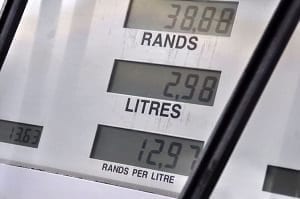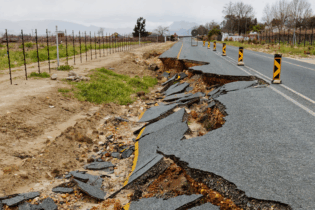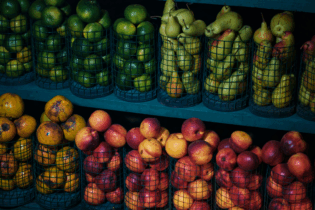There are good reasons to retain the structure of South Africa’s fuel levy. This is according to Stellenbosch lecturer and 2015 Southern African Transport Conference’s Young Professionals Award winner, Johann van Rensburg.
“With the current controversy over the e-toll system in Gauteng, I thought it would be worthwhile to work on a paper to assess whether a review of the fuel levy as a principal income source is needed and whether the levy should be supplemented or replaced by a viable alternative,” he explains. Van Rensburg said the levy was an existing mechanism that did not require additional infrastructure, applied to all forms of road transport mechanisms, and that higher fuel consumption was recorded during peak hours. He said the fuel levy created a spatial mismatch, in that the person paying the levy does not directly benefit from it. He noted the increase in more fuel-efficient vehicles, including electric and hybrid vehicles and said the levy was a regressive form of taxation, as all road users pay the same amount – regardless of income level. He added that it (the levy) could possibly have an impact on inflation. Van Rensburg provided a timeline of the evolution of the fuel levy, since its implementation in 1935 with the aim to “fund national roads for national development and unity”.He noted that despite a growth in vehicles, South Africa’s fuel levy income has not grown substantially since 2003. Some of the reasons for this, according to Van Rensburg, are the use of alternative fuels, electrical vehicles and the preference of more fuel-efficient vehicles.
“Over the past 10 years, there has been a 10.8% increase in the fuel levy, which is generating declining revenues. In 2012, for example, only R40.4 billion was collected. Thus, although more vehicles are being sold, and the fuel price is increasing, people are driving fewer kilometres per vehicle and are using less fuel,” he explained. Van Rensburg’s study has found that the South African fuel levy is “not high compared to BRIC and other OECD nations” and a “review of the fuel levy is needed”. “The unproductivity of the fuel levy is not central to South Africa and increasing the fuel levy is a temporary solution. The fuel levy needs to be supplemented or replaced by a viable alternative,” he noted. These viable alternatives form the basis for Van Rensburg’s future research into alternative financing options, toll roads, GPS-enabled roads and user charging.






